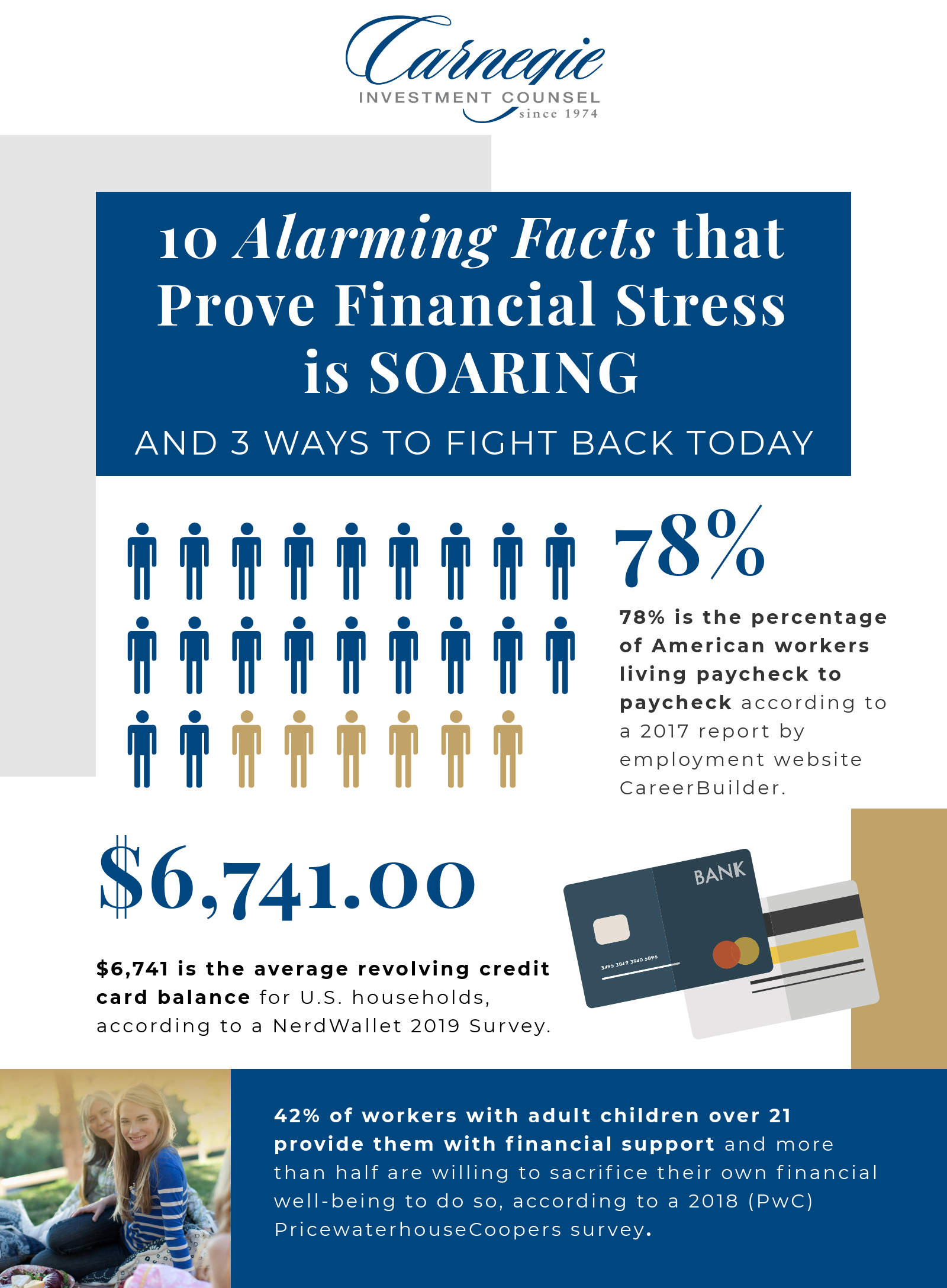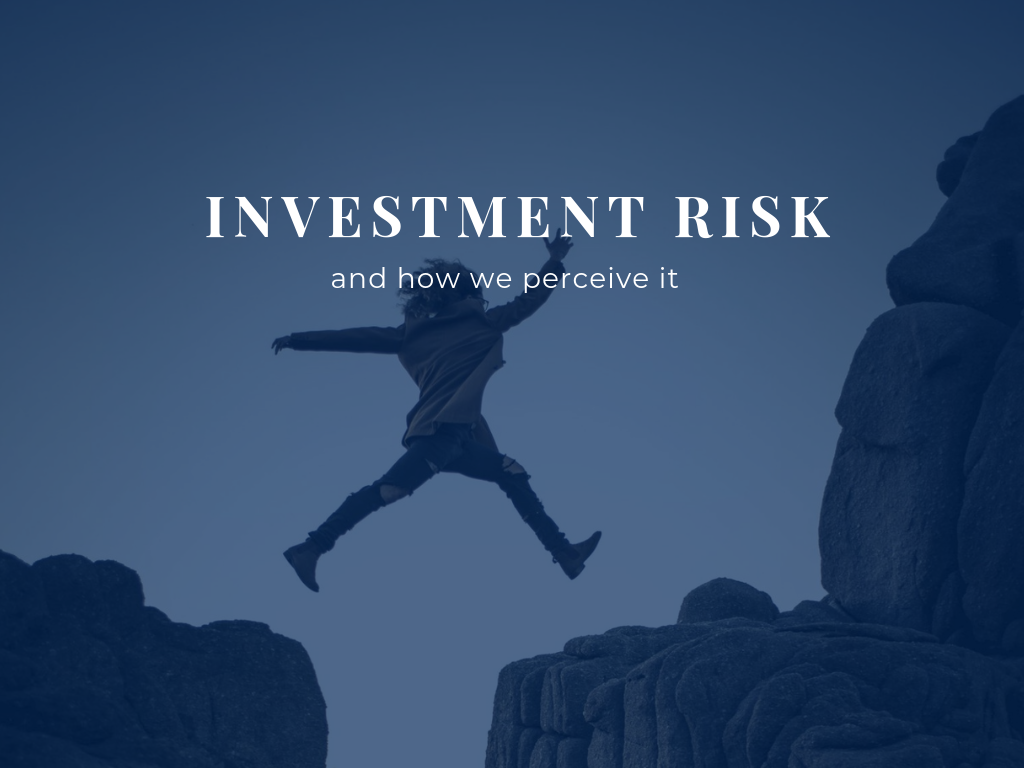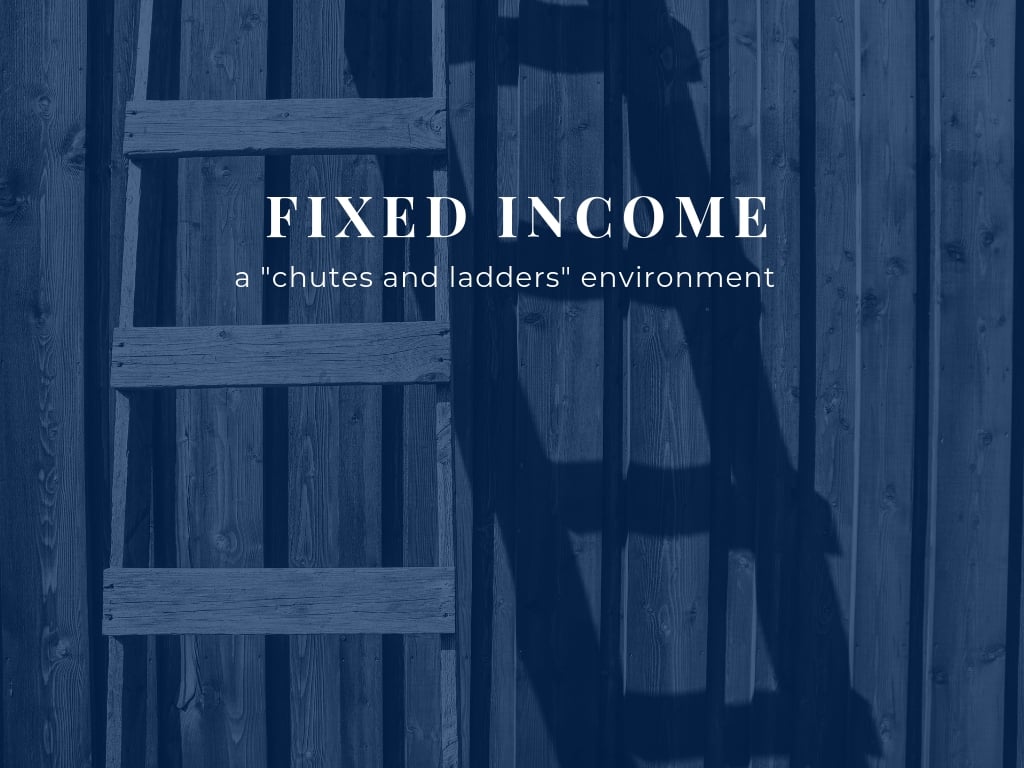Just a few years ago, the terms “fiduciary” and “fiduciary advisor” had little meaning to the general public.
But knowledge of these words spread when the Department of Labor (DOL) issued the fiduciary rule and proposed all ERISA investment accounts be managed as a fiduciary.
The fiduciary rule would have required any advisors who offer retirement advice to act in their clients’ best interest. It had widespread ramifications for brokers and insurance agents who traditionally push self-serving, high-commission products, with little or no regard for the clients' best interest.
Understanding Best Interest Rule: A Wolf in Sheep's Clothing?
Topics: Investment Management
10 Alarming Facts that Prove Financial Stress is Soaring: And 3 Ways to Fight Back Today
- 78% of American workers live paycheck to paycheck according to a 2017 report by employment website CareerBuilder.
- $6,741 is the average revolving credit card balance for U.S. households, according to a NerdWallet 2019 Survey.
- 42% of workers with adult children over 21 provide them with financial support and more than half are willing to sacrifice their own financial well-being to do so, according to a 2018 (PwC) PricewaterhouseCoopers survey.
Topics: Financial Planning, Investment Management, Corporate Retirement Plan
The Real Cost of Being Your Own Financial Advisor (It May Be Higher Than You Realize)
Some DIY investors may feel like they are saving money by managing their own investments. But just like with your car, is it smart to be your own mechanic? A lot can go wrong. What might that cost you? And if you found a great mechanic who you trusted, would you ever want to fix your own car again?
From our years of experience, we find many investors who feel they are managing their own portfolios well. But across the board, when we review their portfolios, we find they are missing out for multiple reasons. Here are a few examples:
Topics: Investment Management
6 Mistakes to Avoid in Your Investment Portfolio (Including One that Almost Everyone Makes)
Successful investing takes patience. There is no Holy Grail or magic, risk-free formula that ensures success and worry-free sleep. In short, investing involves some risk-taking. However, here are six mistakes you can avoid in your investment portfolio.
Topics: Investment Management
One of the terms most often heard in the world of finance is “risk” as in "investment risk." Often, people think of risk as something dangerous and to be avoided. There are many circumstances that determine how people view investment risk.
Below are some interesting ways to think about investment risk.
Topics: Investing
The Uber IPO is a hot topic among investors today. Uber Technologies, Inc’s IPO is expected to be priced Thursday and to start trading Friday.
Even on the secondary market, with no profits and based on other analytics, it is a company that we would consider to be speculative in nature.
That isn’t to say it won’t do well for a period of time…as some bets do…but the fundamentals would not put it on our buy list at this time. Without further ado, here are the 10 reasons we feel that the Uber IPO is a sucker’s bet.
Baseball season is upon us and Spring has sprung so here are some interesting thoughts/observations:
Positive Mental Attitude
A recent study from Frost Bank revealed a direct correlation between optimism and improved financial health. Frost worked with researchers at Carnegie Mellon University to develop a methodology to measure optimism. They found that 62% of optimists had better financial health which was about 7X higher than pessimists who came in at 9%. Optimists were more likely to discuss financial matters with family and friends and were interested in learning more about money management versus pessimists. Below are some financial habits of optimists:
Recently, you’ve probably heard much noise about new congressional proposals regarding stock buybacks. Before I get into the nitty-gritty, it is probably good for a quick refresher on the what and why of stock buybacks.
What are stock buybacks?
Stock buybacks are when a publicly traded corporation purchases their own shares in the public markets. They announce either the dollar or share amounts they will repurchase and it is to the discretion of the Board of Directors and management to determine this amount and when to make such purchases. The cheaper companies can buy their stock back, the more they can repurchase. Corporations are known for poorly timing their share repurchases as indicated in the chart below where repurchases hit a low in 2008-2009 as stock prices were near generational lows in the Great Recession:
There is a popular child’s game called Chutes & Ladders you may have played with a child or grandchild. A key part of the strategy for the game is to climb ladders to the top and avoid going down a slide/chute that makes you lose ground.
"Chutes and Ladders" could be an apt metaphor for the current interest rate environment.
After a slow and steady rise in interest rates (i.e., climbing the ladder), the recent volatility resulted in a fairly quick drop in yields (i.e, down the chute).
The Life Changing Magic of Tidying Up (4 Ways to Apply to Your Finances)
It is very likely you have heard of the book, The Life Changing Magic of Tidying Up, or seen the recent Netflix series, Tidying Up. This popular system for organizing your house and office, the KonMari Method, was created by Marie Kondo.
What brings you joy?
Kondo and her writings have become incredibly popular both through her engaging personality, practicality of advice, and her simple but deep message.
Topics: Financial Planning



.png)


.jpg)



.jpg)
